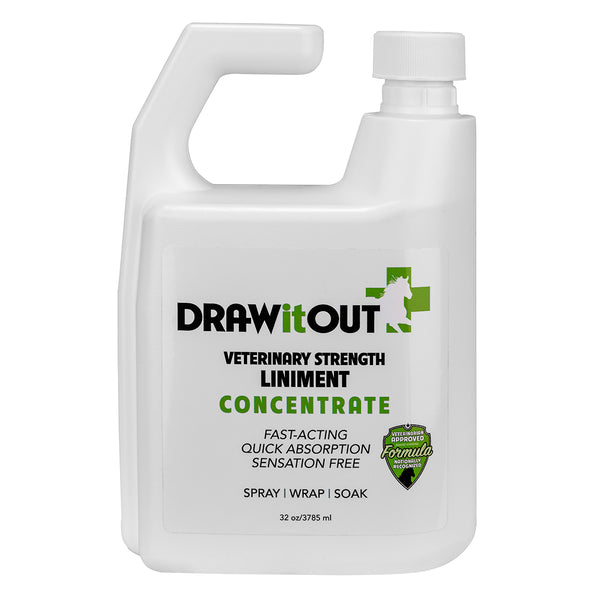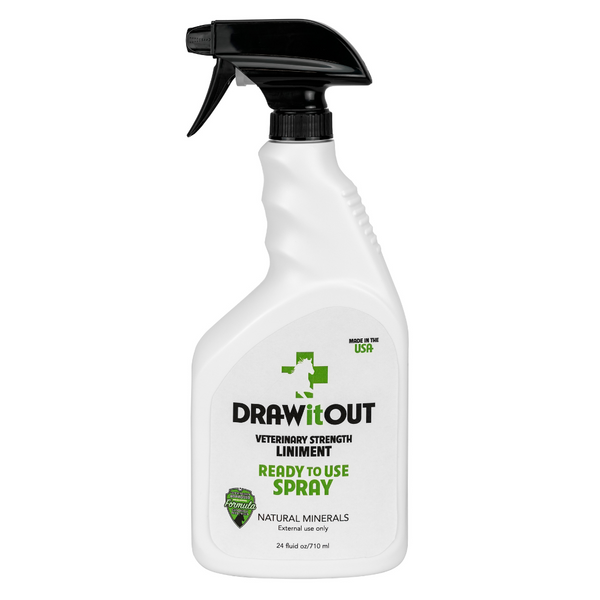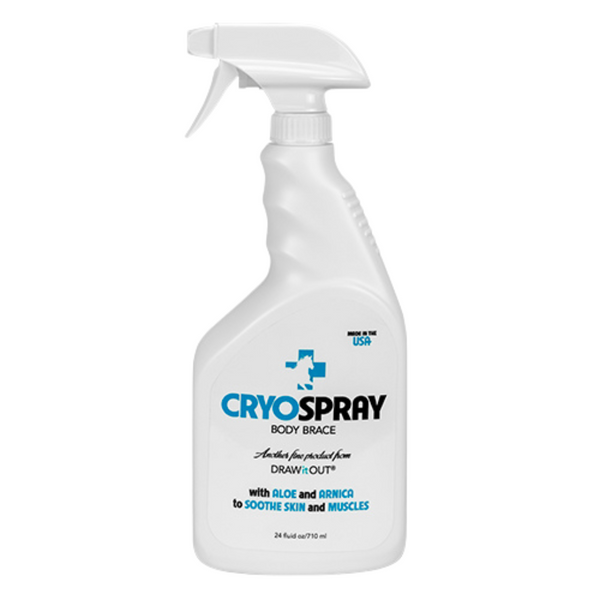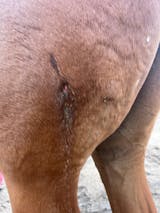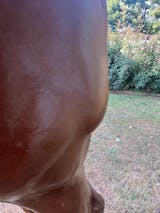Equine Hyperkalemic Periodic Paralysis (HYPP): Understanding a Genetic Disorder in Horses
Hyperkalemic Periodic Paralysis (HYPP) is a genetic disorder that primarily affects horses with American Quarter Horse lineage. While these horses often exhibit impressive musculature and performance potential, the same genetic mutation that contributes to their build can also trigger dangerous muscle episodes. This guide explains the cause, signs, management, and prevention of HYPP in horses.
I. The Genetic Basis of HYPP
HYPP stems from a mutation in the SCN4A gene, which controls sodium channels in muscle cells. This defect allows excessive sodium entry, creating muscle hyperexcitability and involuntary contractions. The condition follows an autosomal dominant inheritance pattern, so a single copy of the mutated gene can cause symptoms.
Horses carrying one copy (heterozygous) usually show mild to moderate signs, while those with two copies (homozygous) tend to experience more severe and frequent episodes.
II. Recognizing the Symptoms
HYPP episodes affect skeletal muscles and can range from mild tremors to complete paralysis. Common symptoms include:
- Muscle tremors in the neck, shoulders, or hindquarters
- Sudden weakness or stiffness
- Heavy sweating and elevated heart rate
- Difficulty standing or shallow breathing during an episode
- In extreme cases, collapse or respiratory failure
III. Diagnosis
Diagnosis requires a combination of clinical evaluation and genetic testing. A veterinarian can collect hair-root or blood samples to confirm the SCN4A mutation. Testing all breeding and performance horses with Quarter Horse ancestry is recommended.
IV. Management & Care
Although HYPP has no cure, the right management plan can keep horses healthy and reduce episode frequency.
-
Low-Potassium Diet: Avoid alfalfa hay, molasses, and high-potassium supplements. Use grass hay and plain grains instead.
-
Steady Exercise: Light, consistent exercise helps regulate potassium balance and muscle tone.
-
Medication: Veterinarians may prescribe acetazolamide to encourage potassium excretion and stabilize muscle activity.
-
Routine & Calm: Reduce stress triggers—avoid long hauls, sudden feed switches, or inconsistent turnout schedules.
-
Emergency Preparedness: Know your vet’s emergency protocol and keep potassium-binding agents on hand if recommended.
Update: The specialized HYPP Hydro-Lyte with GastroCell® Powered by Draw It Out® electrolyte paste formula has been sold and is no longer available. While this potassium-free supplement previously supported HYPP-sensitive horses, owners should now consult their veterinarians for suitable low-potassium electrolyte options.
V. Prevention Through Responsible Breeding
HYPP prevention starts with informed breeding. Horses testing positive for the HYPP gene should not be bred, and potential mates should be screened beforehand. This responsible practice can gradually reduce the prevalence of HYPP and promote healthier bloodlines.
VI. Final Thoughts
Living with HYPP requires awareness and routine, but affected horses can still thrive with proper care. A consistent diet, calm environment, and proactive health plan go a long way toward ensuring both comfort and performance. Knowledge, patience, and discipline are the best tools any owner can have.
HYPP in Horses – FAQ
What causes HYPP in horses?
HYPP results from a mutation in the SCN4A gene, which alters sodium flow in muscle cells and triggers episodes of weakness or paralysis.
Can HYPP be cured?
HYPP cannot be cured, but with diet, exercise, and medication under veterinary care, most horses live normal, active lives.
Is HYPP contagious?
No. HYPP is purely genetic and not contagious. It is inherited and passed down through breeding.
What should I feed a horse with HYPP?
Feed low-potassium forages like grass hay and avoid alfalfa, molasses, and high-potassium grains or supplements. Always discuss changes with your vet.
What happened to HYPP Hydro-Lyte with GastroCell®?
HYPP Hydro-Lyte with GastroCell® Powered by Draw It Out® has been sold and is no longer available. Consult your veterinarian for low-potassium electrolyte alternatives.
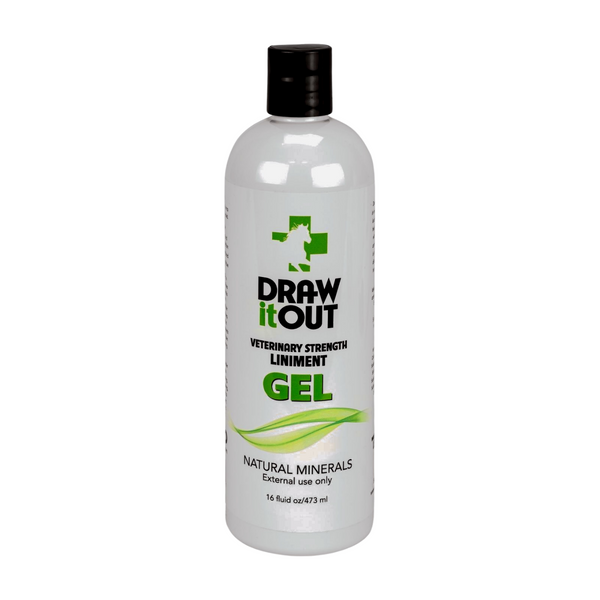 View Product
View Product
















